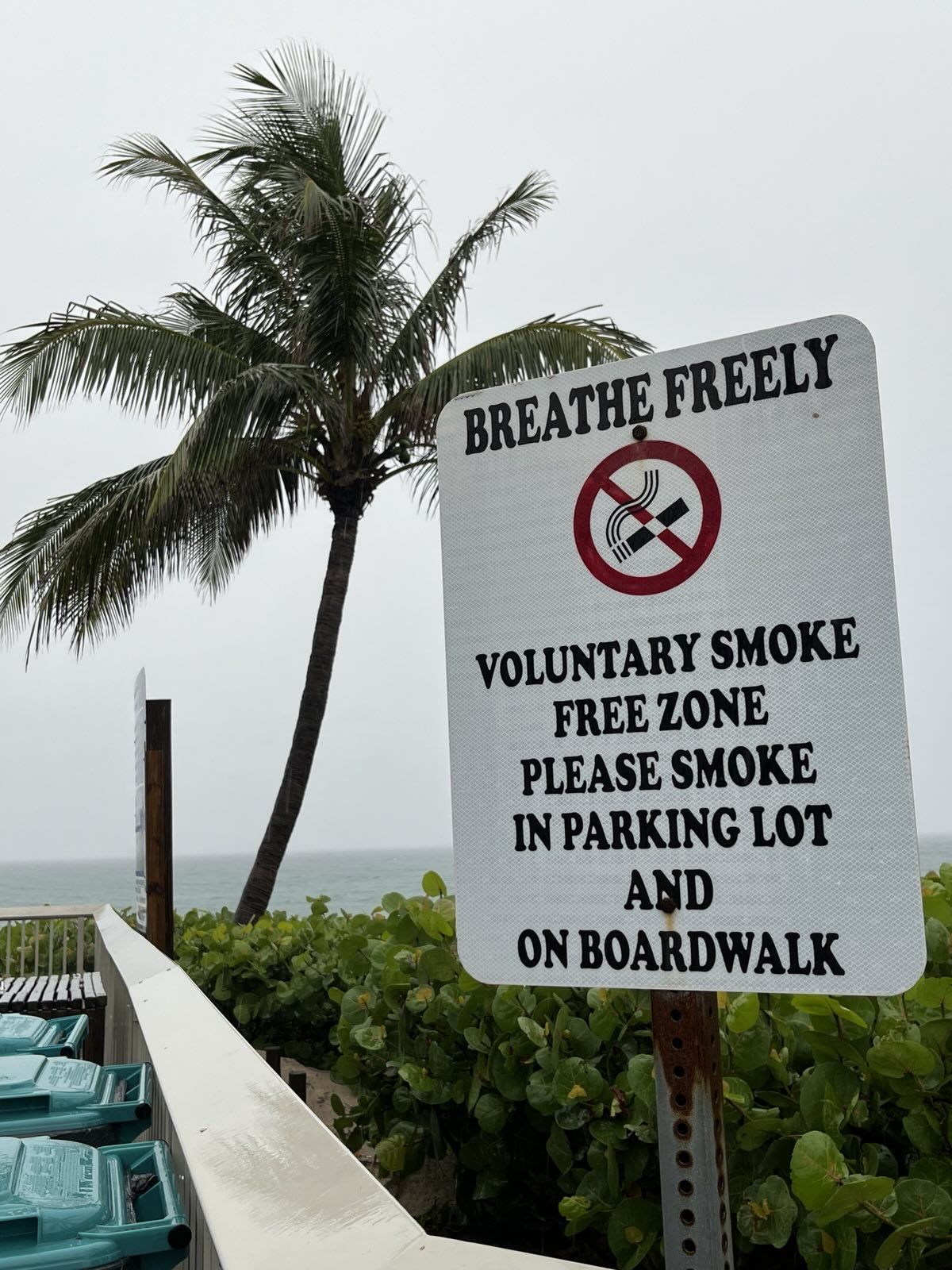Public vaping has become a growing concern among lawmakers, consumers, and businesses alike. While vaping may seem more discreet than smoking, it is not without legal consequences—especially in public spaces. The legal status of vaping in public varies widely across the United States, with some jurisdictions imposing strict penalties and others offering more leniency.
Statewide Smoke‑Free and Vaping Laws
Many U.S. states have expanded their smoke-free laws to include vaping and electronic cigarettes. As of 2025:
- Seventeen states, along with Washington, D.C., and Puerto Rico, have implemented comprehensive indoor air laws that explicitly ban vaping in enclosed public spaces.
- Over 20 additional states and nearly 1,000 local governments prohibit vaping in areas where traditional smoking is banned.
- States such as California, Colorado, Connecticut, Delaware, Hawaii, Maine, New Hampshire, New Jersey, New York, Ohio, Oregon, and Rhode Island have aligned vaping restrictions closely with tobacco laws.
Local Ordinances vs. State Preemption
In states lacking a statewide vaping ban, regulatory authority often falls to local governments. For example:
- Wyoming does not impose a statewide public vaping ban, allowing municipalities to set their own rules.
- In Illinois, while the state does not restrict vaping in bars or restaurants, many local jurisdictions have adopted ordinances that do.
In some states, vaping companies have pushed for preemption laws—legislation that blocks local governments from regulating vaping independently, mirroring tactics previously used by the tobacco industry.
Legal Penalties for Public Vaping
The consequences for vaping in public vary by location:
- Civil fines are the most common penalty, generally ranging from $50 to $200 for a first offense.
- Repeat violations may result in increased fines, sometimes exceeding $500.
- In sensitive areas like schools, parks, and transportation hubs, penalties can be more severe and may include mandatory court appearances.
- Businesses found violating public vaping laws may face additional sanctions, including temporary closures or suspension of operating licenses.
- Selling vape products to minors under the Tobacco 21 law carries heavier fines, from $100 to $2,500 depending on the number of offenses.
Noteworthy Local Examples
Houston, Texas, bans vaping in all areas where smoking is prohibited, with monetary penalties for violators. San Antonio, Texas, enforces strict public vaping laws with fines ranging from $200 to $2,000. New York State maintains a comprehensive ban on indoor vaping, including in restaurants and bars, in place since 2017.
Beyond Financial Consequences
Public vaping violations can carry implications beyond civil fines:
- Health departments may enforce penalties under public health codes.
- Property owners or individuals may be granted the right to initiate enforcement in certain municipalities.
- Repeated or egregious violations could result in misdemeanor charges or court-ordered community service.
- Establishments with frequent violations risk losing local business licenses or permits.
Key Takeaways
- Public vaping may result in legal penalties—typically civil fines—with stricter consequences for repeat offenses or violations in designated sensitive areas.
- There is no federal standard; regulations vary significantly between states and municipalities.
- Understanding local ordinances is essential to avoid unintended legal consequences.
Guidance for Responsible Vaping
Vape users and business owners alike should treat vaping the same as smoking in public spaces. If smoking is prohibited, vaping is likely prohibited as well. Staying informed about current state and local regulations—and ensuring compliance—helps avoid penalties and promotes responsible behavior in shared environments.

